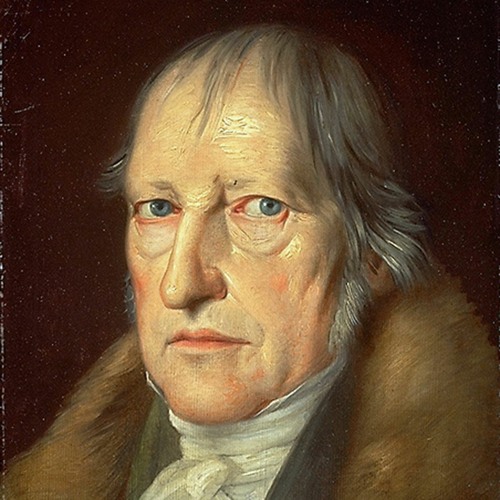
Hegel's use of the dialectical process and his emphasis on the relationship between individual and collective consciousness are key themes that run throughout the book. The book had a profound effect in Western philosophy, and "has been praised and blamed for the development of existentialism, communism, fascism, death of God theology, and historicist nihilism. 'The Phenomenology of Spirit' is a challenging but rewarding philosophical work that explores the evolution of human consciousness and its various forms of expression. Focusing on topics in metaphysics, epistemology, physics, ethics, history, religion, perception, consciousness, and political philosophy, The Phenomenology is where Hegel develops his concepts of dialectic (including the Master-slave dialectic), absolute idealism, ethical life, and Aufhebung. Phenomenology was the basis of Hegel's later philosophy and marked a significant development in German idealism after Kant. The title can be translated as either The Phenomenology of Spirit or The Phenomenology of Mind, because the German word Geist has both meanings.

Hegels first book, it describes the three-stage dialectical life of Spirit. Hegel's first book, it describes the three-stage dialectical life of Spirit. Phänomenologie des Geistes (1807) is Georg Wilhelm Friedrich Hegels most important and widely discussed philosophical work. Phänomenologie des Geistes (1807) is Georg Wilhelm Friedrich Hegel's most important and widely discussed philosophical work. Translated by James Black Baillie (1872 - 1940) Georg Wilhelm Friedrich Hegel (1770 - 1831)

Download cover art Download CD case insert The Phenomenology of Mind, Volume 1


 0 kommentar(er)
0 kommentar(er)
